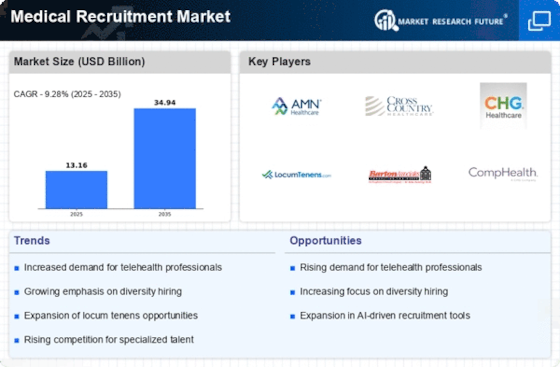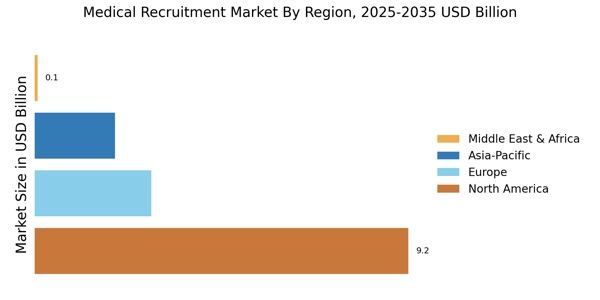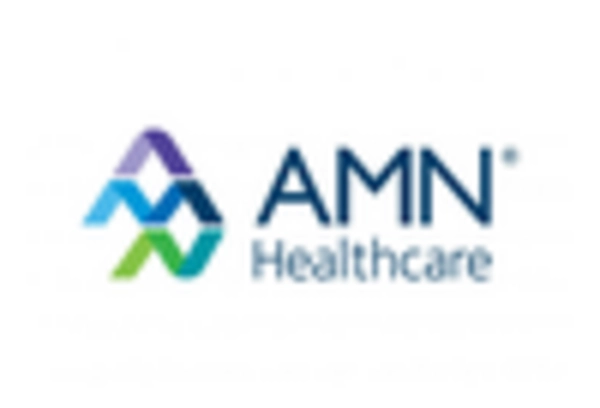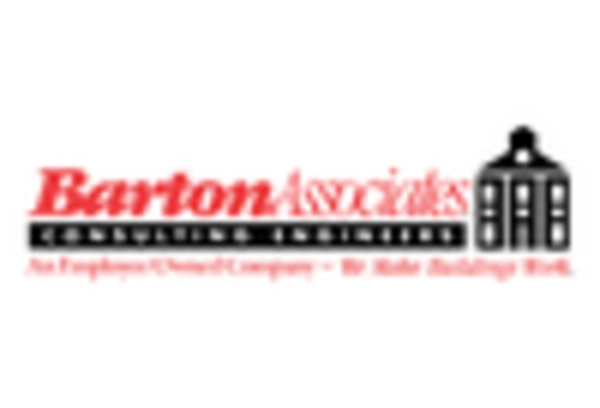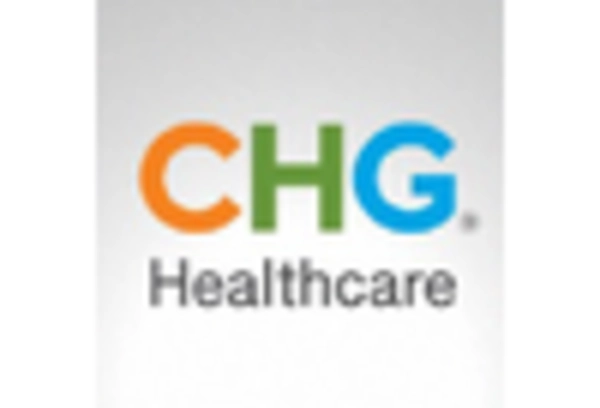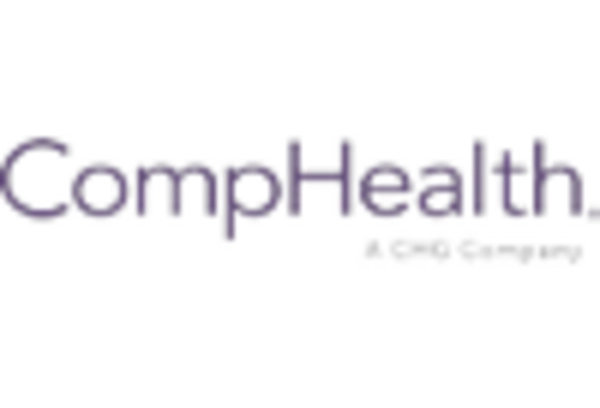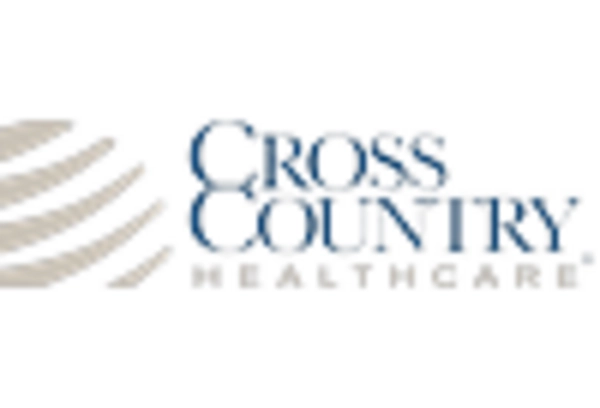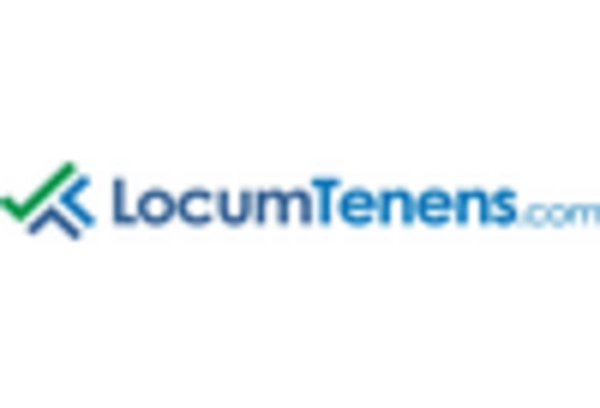Regulatory Changes and Compliance
The Medical Recruitment Market is significantly influenced by regulatory changes and compliance requirements. Governments and healthcare organizations are increasingly implementing stringent regulations to ensure the quality and safety of healthcare services. These regulations often dictate the qualifications and certifications required for healthcare professionals, impacting recruitment strategies. For instance, recent updates in licensure requirements for nurses and physicians have necessitated that recruitment agencies stay informed and compliant. This can lead to increased operational costs and longer recruitment cycles, as agencies must verify credentials and ensure that candidates meet the necessary standards. Consequently, the Medical Recruitment Market must navigate these complexities while maintaining a focus on attracting top talent, which may involve investing in compliance training and resources.
Focus on Employee Retention Strategies
In the Medical Recruitment Market, there is a growing emphasis on employee retention strategies as organizations recognize the high costs associated with turnover. Research indicates that replacing a healthcare professional can cost up to 200% of their annual salary, prompting agencies to prioritize not only recruitment but also retention. This shift has led to the development of comprehensive onboarding programs and ongoing professional development opportunities for new hires. Additionally, organizations are increasingly offering competitive benefits packages and work-life balance initiatives to enhance job satisfaction. By fostering a supportive work environment, the Medical Recruitment Market aims to reduce turnover rates and build a stable workforce. This focus on retention is likely to influence recruitment practices, as agencies seek candidates who align with organizational values and are committed to long-term employment.
Globalization of the Healthcare Workforce
The globalization of the healthcare workforce is a notable driver in the Medical Recruitment Market, as organizations seek to fill gaps in staffing through international recruitment. Many countries face shortages of healthcare professionals, prompting healthcare providers to look beyond their borders for qualified candidates. This trend is particularly evident in nursing and allied health professions, where foreign-trained professionals are increasingly being recruited to meet local demands. Data indicates that international recruitment can help alleviate workforce shortages, particularly in underserved areas. However, this approach also presents challenges, such as navigating visa regulations and ensuring that foreign candidates meet local licensure requirements. As the Medical Recruitment Market continues to evolve, the ability to effectively manage international recruitment efforts will be crucial for agencies aiming to provide comprehensive staffing solutions.
Technological Advancements in Recruitment
Technological advancements are reshaping the Medical Recruitment Market, introducing new tools and platforms that streamline the hiring process. The integration of artificial intelligence and machine learning in recruitment practices allows agencies to efficiently match candidates with job openings based on skills and experience. Data suggests that organizations utilizing these technologies can reduce their time-to-hire by up to 30%. Additionally, the rise of telemedicine has expanded the scope of recruitment, as healthcare providers seek professionals who are adept in virtual care. This shift necessitates a reevaluation of recruitment strategies, emphasizing the importance of digital literacy among candidates. As technology continues to evolve, the Medical Recruitment Market must adapt to leverage these innovations, ensuring that recruitment processes remain efficient and effective in meeting the demands of the healthcare sector.
Increasing Demand for Healthcare Professionals
The Medical Recruitment Market is currently experiencing a surge in demand for healthcare professionals. This trend is driven by an aging population and a rise in chronic diseases, which necessitate a larger workforce to provide adequate care. According to recent data, the healthcare sector is projected to grow by 15% over the next decade, leading to a significant increase in job openings for medical practitioners. This heightened demand creates a competitive landscape for recruitment agencies, as they strive to attract qualified candidates. Furthermore, the need for specialized roles, such as nurse practitioners and physician assistants, is becoming more pronounced, thereby influencing recruitment strategies within the Medical Recruitment Market. Agencies are increasingly focusing on sourcing talent that meets these specific needs, which may involve innovative recruitment techniques and enhanced candidate engagement.


